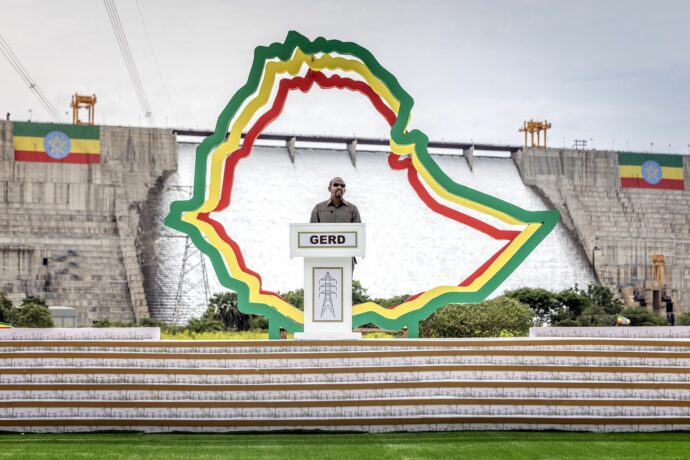
The trend toward strengthening national control over mineral wealth—already observed in the Sahel through the Alliance of Sahel States (AES)—is now spreading to Southern Africa. This region is home to several of Africa’s mining powerhouses, including Zimbabwe (the leading lithium producer), Botswana (the top diamond producer), and Zambia (the second-largest copper producer). Yet, the share of local companies in these lucrative industries remains marginal.
Botswana Enforces Local Ownership
On October 10, Botswana—a key player in the global diamond industry—announced new regulations, effective October 1, requiring mining companies to cede 24% of their permit shares to local investors. The goal is clear: increase local participation and content in an industry long dominated by multinationals.
This decision comes as the Gaborone government seeks to strengthen its grip on diamond production. Botswana already holds 15% of De Beers and is a central actor in discussions surrounding Anglo American’s planned sale of its 85% stake in the group, valued at $5 billion and sourcing nearly 70% of its production from Botswana.
Zambia Prioritizes Local Suppliers
In a similar drive for economic sovereignty, Zambia, Africa’s second-largest copper producer, has introduced a new legal framework known as the Local Content Statutory Instrument. The regulation requires mining companies to allocate 40% of their procurement to Zambian firms, including suppliers and subcontractors, according to outlets such as the Zambia Monitor.
Although precise data on local supplier participation remain scarce, available indicators point to extremely low involvement. In late September 2025, parliamentarian Brian Mundubile noted that Zambians represent only around 5% of a mining value chain worth several billion dollars annually. A 2022 African Development Bank (AfDB) report similarly revealed that only 13% of mining purchases were made from Zambian-owned or locally managed companies. The AfDB added that many goods labeled “local” were in fact imports handled by foreign subsidiaries registered in Zambia.
Zimbabwe: Mandatory State Participation
Zimbabwe, a major producer of lithium and platinum group metals, has also signaled its determination to capture a greater share of its mineral wealth. The government plans to grant the state a free 26% stake in every new mining project. Announced in December 2024 by Pfwungwa Kunaka, Secretary for Mines, this policy is part of a broader strategy to revive the Local Content Strategy adopted in 2019, which aimed to raise local content from 25% to 80% in key value chains by 2023.
Implementation Challenges
These policies, designed to boost mining sovereignty in Southern Africa, face considerable implementation challenges. Dr. Ahamadou Mohamed Maïga, a West African expert on extractive industries, argues that the issue goes beyond setting quotas or ownership thresholds. He stresses the importance of building a competitive local ecosystem that enables national firms to establish themselves as reliable partners for major mining corporations.
According to Maïga, this requires tailored financing mechanisms to help local entrepreneurs mobilize the capital needed to fulfill mining contracts. It also involves strengthening the technical and managerial capacities of domestic service providers through targeted training programs and partnerships with universities and specialized institutions.
In sum, while resource nationalism is gaining ground across Southern Africa, its long-term impact will depend less on restrictive policies than on the ability of governments to create an enabling environment for local industrial growth, skills development, and sustainable participation in the mining value chain.



